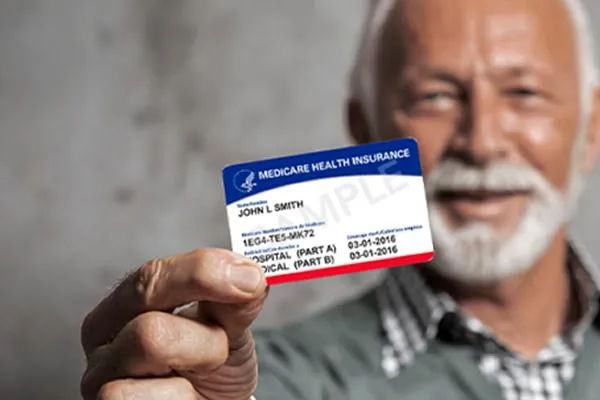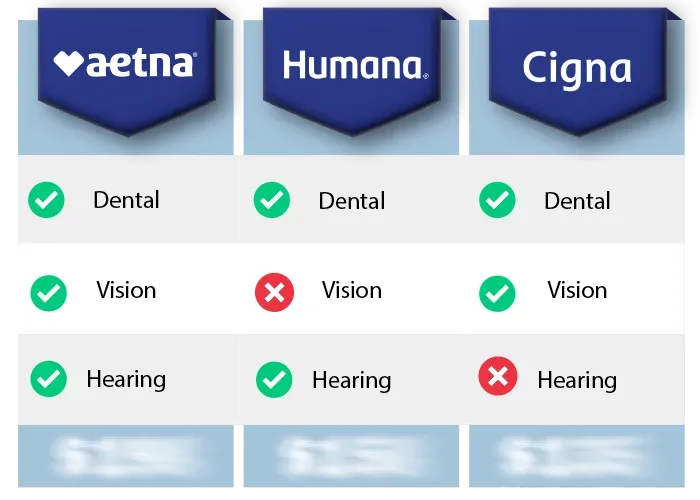
Medicare Plan D: Navigating the Prescription Drug Benefit
Medicare Plan D: Navigating the Prescription Drug Benefit
Medicare, the government-run health insurance program for seniors and certain disabled individuals, consists of multiple parts. Each of these segments focuses on different aspects of healthcare, but Medicare Plan D, also known as the Medicare Prescription Drug Benefit, deserves special attention.
The Origin of Medicare Plan D
Introduced in 2006, Medicare Plan D arose from the Medicare Modernization Act. It was a response to the rising costs of medications and the need to make them more affordable for seniors. While Original Medicare provided a wide range of medical services, it often left beneficiaries paying high out-of-pocket costs for their prescriptions.
How Does Medicare Plan D Work?
Contrary to some beliefs, Medicare Plan D isn't a standalone plan. Rather, it's an add-on to the existing Medicare system. Here's a quick rundown:
Private Insurance: Unlike Parts A and B, Medicare doesn't directly offer Plan D. Instead, private insurance companies provide these plans, approved by Medicare.
Coverage and Costs: Every Plan D option covers different drugs, but all must offer a standard level of coverage set by Medicare. Costs vary based on the plan, the pharmacy, and the type of drugs needed.
Enrollment Window: One can enroll in Plan D during the initial enrollment period (three months before turning 65, the month of, and three months after). There are also specific times one can make changes to their plan, such as the annual enrollment period from October 15th to December 7th.
The Coverage Gap: Navigating the "Donut Hole"
One unique feature of Medicare Plan D is the coverage gap, often termed the "donut hole." Initially, beneficiaries pay a certain percentage for their prescriptions. Once the combined total (the amount the plan and the beneficiary pays) reaches a certain limit, one enters the "donut hole." During this phase, beneficiaries pay a higher percentage for their medications. Thankfully, once out-of-pocket costs reach a secondary limit, catastrophic coverage kicks in, significantly reducing drug costs.
The Benefits of Enrolling in Plan D
Financial Savings: The most apparent advantage is the reduction in medication costs. By pooling resources and negotiating with pharmaceutical companies, insurance providers can often offer drugs at a significantly reduced rate.
Broad Network of Pharmacies: Most Plan D providers have extensive networks of pharmacies, ensuring that beneficiaries can conveniently access their medications.
Protection Against Rising Drug Costs: With the catastrophic coverage safety net, beneficiaries are protected from exorbitant out-of-pocket expenses.
Common Misconceptions
It's Mandatory: Some believe enrolling in Plan D is compulsory. While it's beneficial, it's not mandatory. However, a penalty may apply if one decides to enroll later.
One Size Fits All: Each Plan D is unique. It's essential to shop around and find a plan that covers the medications one needs.
Concluding Thoughts
Medicare Plan D bridges a significant gap in the Original Medicare system. By offering affordable access to prescription drugs, it ensures seniors and eligible beneficiaries don't have to choose between their health and their wallet. However, it's crucial to understand the intricacies of Plan D, from the "donut hole" to the various plans available, to make an informed decision.

Copyright © 2025 Senior Benefits Guide All Rights Reserved.
204 Church St Suite 1A, Boonton NJ 07005
Disclaimer: This website is not affiliated with the Medicare/Medicaid program or any other government entity. The information provided on this website is for informational purposes only. It is not intended to be, nor does it constitute any kind of financial advice. Please seek advice from a qualified professional prior to making any financial decisions based on the information provided. This website acts as an independent digital media & advertising publisher. This webpage is formatted as an advertorial. An advertorial is an advertisement that is written in an editorial news format. PLEASE BE AWARE THAT THIS IS AN ADVERTISEMENT AND NOT AN ACTUAL NEWS ARTICLE, BLOG, OR CONSUMER PROTECTION UPDATE. This website MAY RECEIVE PAID COMPENSATION FOR CLICKS OR SALES PRODUCED FROM THE CONTENT FOUND ON THIS WEBPAGE. This compensation may affect which companies are displayed, the placement of advertisements, and their order of appearance. Any information, discounts, or price quotations listed may not be applicable in your location or if certain requirements are not met. Additionally, our advertisers may have additional qualification requirements.
Our goal is to provide exceptional service. One of our agents may reach out to you to discuss your order, ask for feedback, and/or see if you need any assistance with your products, services, or plans, at the phone number you provided regardless of your do-not-call list status. You may opt-out of further contact at any time by simply telling our customer service team that you would no longer like to be contacted. In the event that our team is unable to reach you by phone, they may send you a text message letting you know that we called. Both our text messages and phone calls may be sent or connected utilizing automated software. Carrier charges may apply. You may opt-out of any future contact via text message by replying anytime with "STOP".
Copyright © 2025 All Rights Reserved.
Find Medicare Advantage Plans in 3 Easy Steps

